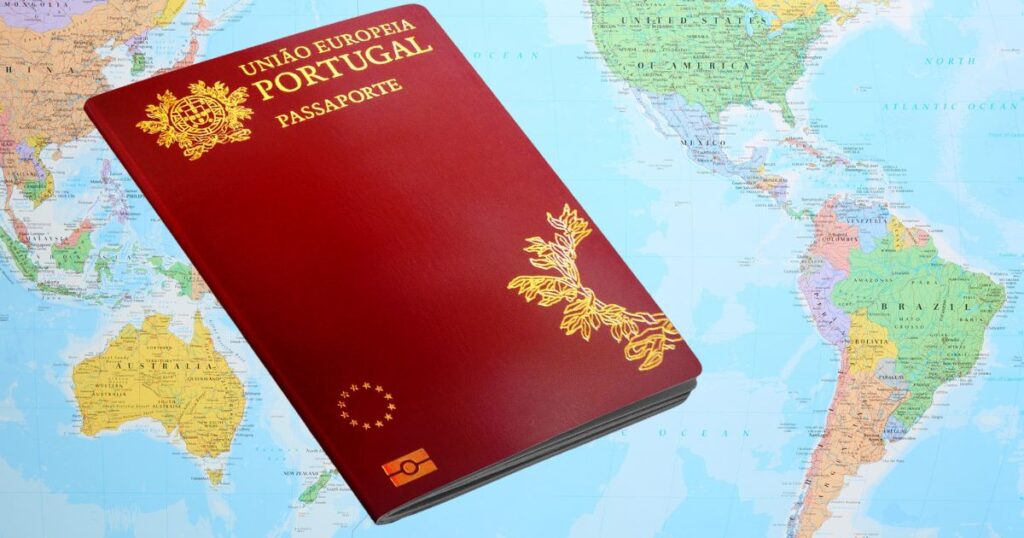Citizenship describes a legal bond between a person and a state. citizenship is often associated with national identity, providing citizens with a sense of belonging.
Citizenship is a broader term denotes various relations between an individual and a state that do not necessarily confer political rights, but do imply other privileges: legal rights, voting rights, free movement, property rights, social rights such as (health care education) and particularly protection abroad. It is the term used in international law to denote all persons whom a state is entitled to protect. The most important citizenship rights are the right to vote in and to stand in elections, the right to return to one’s country of citizenship and the right to seek diplomatic protection while abroad.
While the possession of a particular national (or ethnic) identity was a prerequisite of citizenship in the past, the last half century has witnessed a gradual liberalisation and decoupling of ethnicity and citizenship, which has been a spotlight of debate.
The terms ‘citizenship’ and ‘nationality’ are often used interchangeably to denote the legal bond between an individual and a state. While ‘nationality” is the preferred legal term, ‘citizenship’ is used more broadly to describe the rights, duties, and practices linked to this formal status. In certain contexts, the term ‘nationality’ also denotes belonging to a national or ethnic community.
Besides individuals, nationality also serves to denote the relationship to a state of entities other than individuals; corporations, ships, and aircraft, for example, possess a nationality. Citizens have responsibilities such as obeying the laws, paying taxes, and potentially serving in the military strengthen the bon between state.





